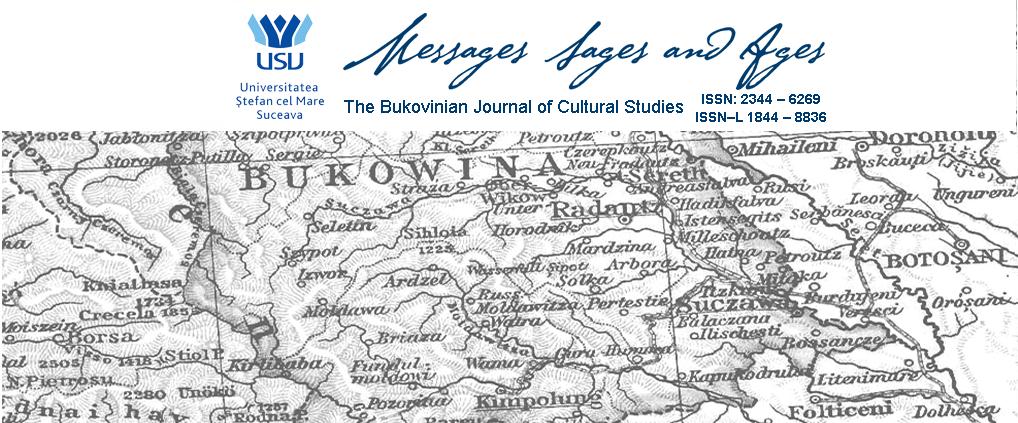From the perspective of an apparently absent author, the rhetorical commonplaces of womanhood and nourishment are mentioned in the novels of Margaret Atwood, The Edible Woman (1969), and of Jillian Medoff, Hunger Point (2002). Although traditionally relegated to contextualizing devices, the unfolding of events makes a riddle out of cooking and eating for the purpose of dramatic effect. Reporting on what might come across as domestic chores points to the topicality of food intake as well as to all the drama eating disorders entail. In the background of events, the ‘whodunit’ and the ‘kitchen sink drama’ come together into one unlikely story. The benefits of hindsight make it possible to argue that celebrated feminist novels of the past century, i.e. The Edible Woman, provided later 21st century fiction, i.e. Hunger Point, with something more than narrative emphasis on binary gender relations. I find that the gender-roles debate, as recorded in Atwood’s work, gained enough cultural momentum to prove the ready availability of the image of the nurturing female throughout the 20th century and beyond. As far as feminist fictions are concerned, over/under-feeding is always somewhere in the background, if not what drives the plot forward. Commonly, distress among fictional characters, mostly women, is linked to body weight and dieting in ways that threaten to relegate, possibly once and for good, the notions of women and food to the realm of melodrama, as it is the case with Hunger point.
Onoriu Colăcel
Author
Dr Onoriu Colăcel is Reader in English at Ștefan cel Mare University of Suceava, Romania. His work focuses on contemporary English literature and patterns of self-identification in media and popular culture.
